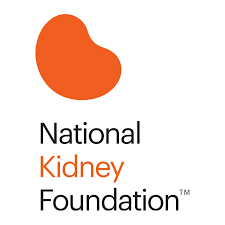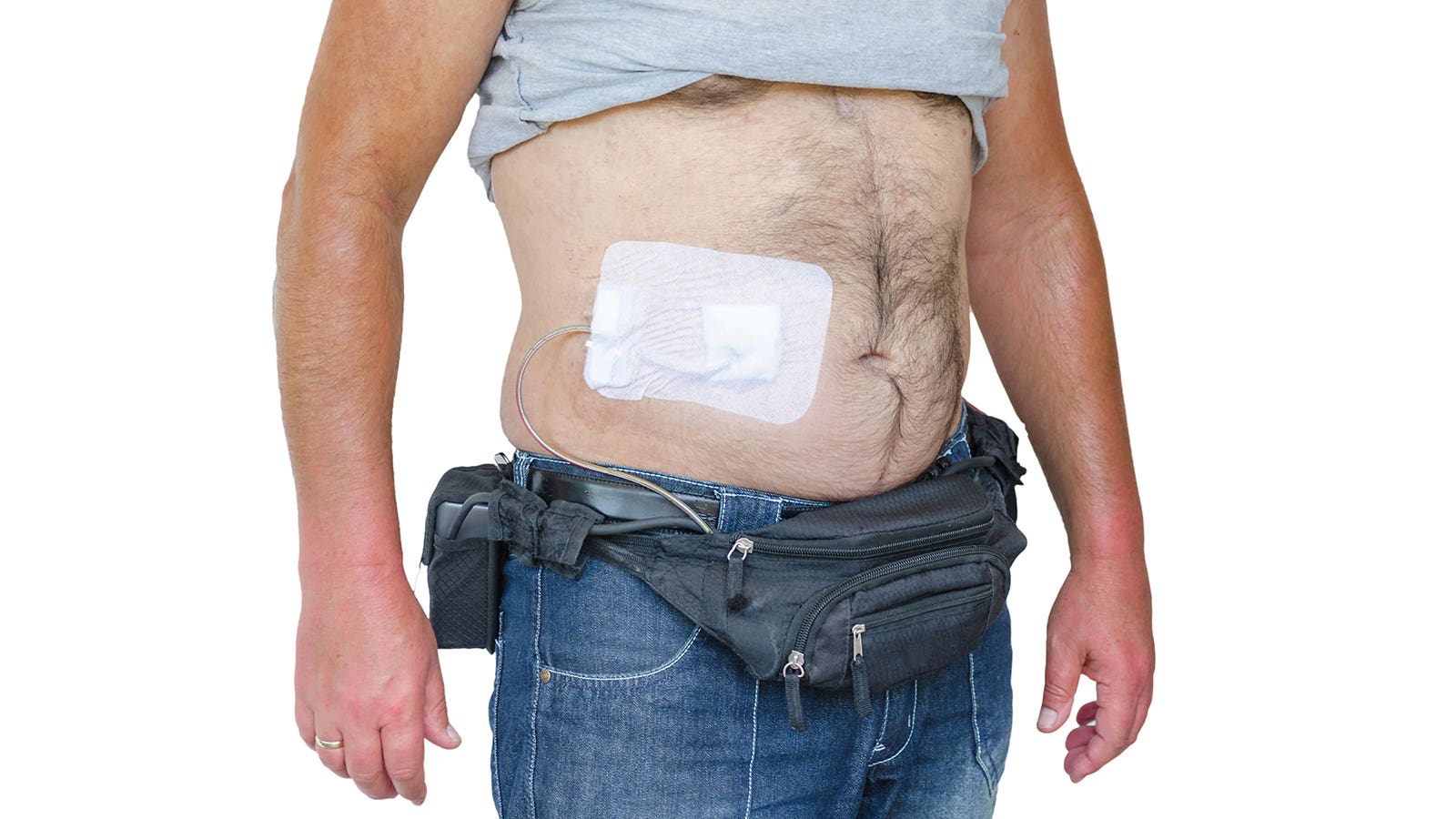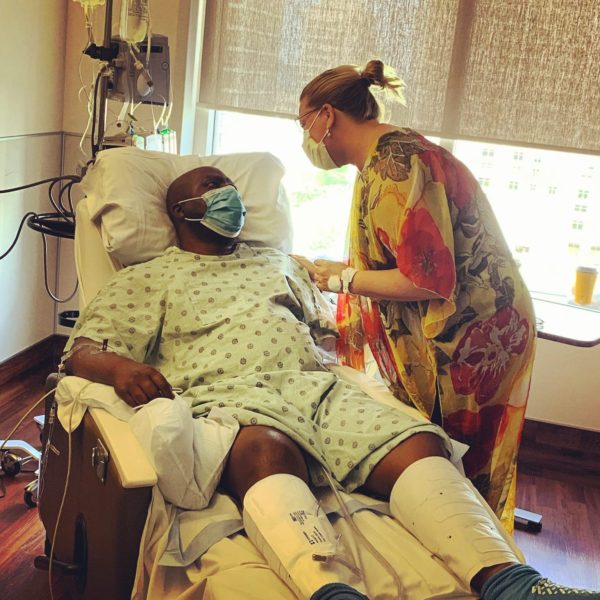Last week, a hospital in Boston removed a patient from its heart transplant waiting list over his refusal to receive a COVID vaccine. Although many hospitals had been enforcing such policies throughout the pandemic, the news took off internationally.
But the spotlight on vaccination status ignores the complexities of organ transplantation outside the pandemic. “There are a ton of requirements for transplant eligibility,” says Dorry Segev, a transplant surgeon at New York University. The ethics of transplant decision-making are different from those of other kinds of medical care, in large part because there are fewer organs than there are people in need. According to the American Transplant Foundation, more than 100,000 Americans are currently on transplant waitlists.
Read more here.








